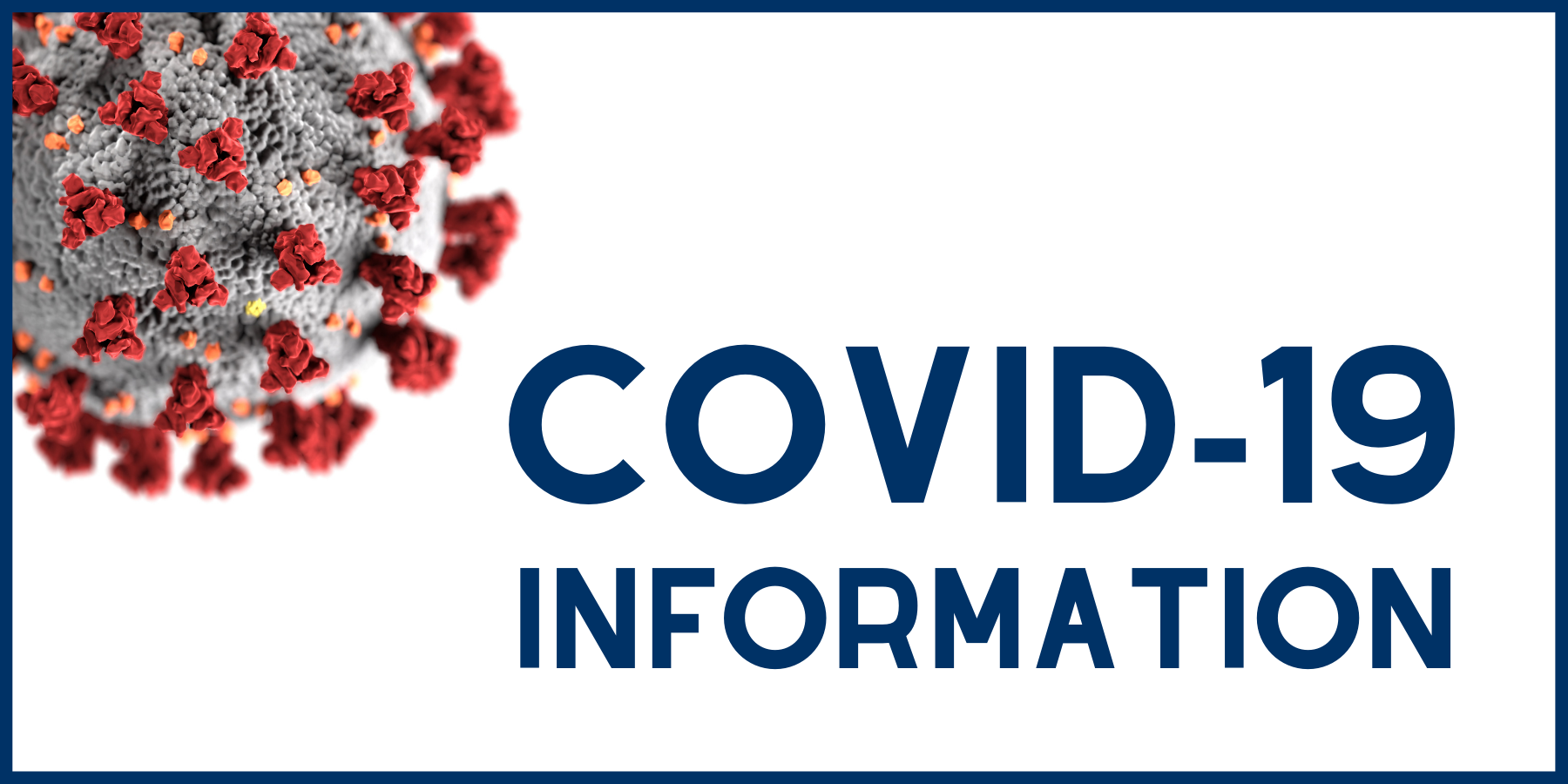

With the end of Idaho's COVID-19 Public Health Emergency Declaration on May 11, 2023, SCPHD’s COVID-19 response efforts have shifted focus to support at-risk residents in congregate living settings.
Links below will lead you to historical data, current CDC guidance, and an explanation of previous SCPHD roles.
The following precautions will protect you and your community from future outbreaks:
Learn more about COVID-19, order free at-home tests, learn about treatments and medications, and get the latest surveillance data for your areahere.
Residents in long-term care facilities are especially vulnerable to severe outcomes of COVID-19 and other respiratory illnesses. SCPHD tracks COVID-19 cases among residents and supports facilities when outbreaks are identified.
See surveillance data for your area, provided by the CDC, here.
Following state and federal guidance, SCPHD suspended full investigations into COVID-19 cases in January 2022. In June, 2023, local physicians and labs were no longer required to report test results to local public health. Following this announcement, SCPHD discontinued public data dashboards by July 2023.
SCPHC no longer provides a monthly COVID-19 risk assessment. If there is significant community concern, SCPHD may release a risk assessment dashboard in the future.
See previous risk assessments here.
Regional Risk Level Guidance Plan
Historical Data
Here you'll find historical data including: a general summary of case data collected from March 2020 to the end of June 2023 and reports from the full case investigations completed between 2020 and 2022. These reports are no longer updated. Doctors are no longer required to report COVID-19 test results. SCPHD currently only tracks outbreaks in long term care facilities.